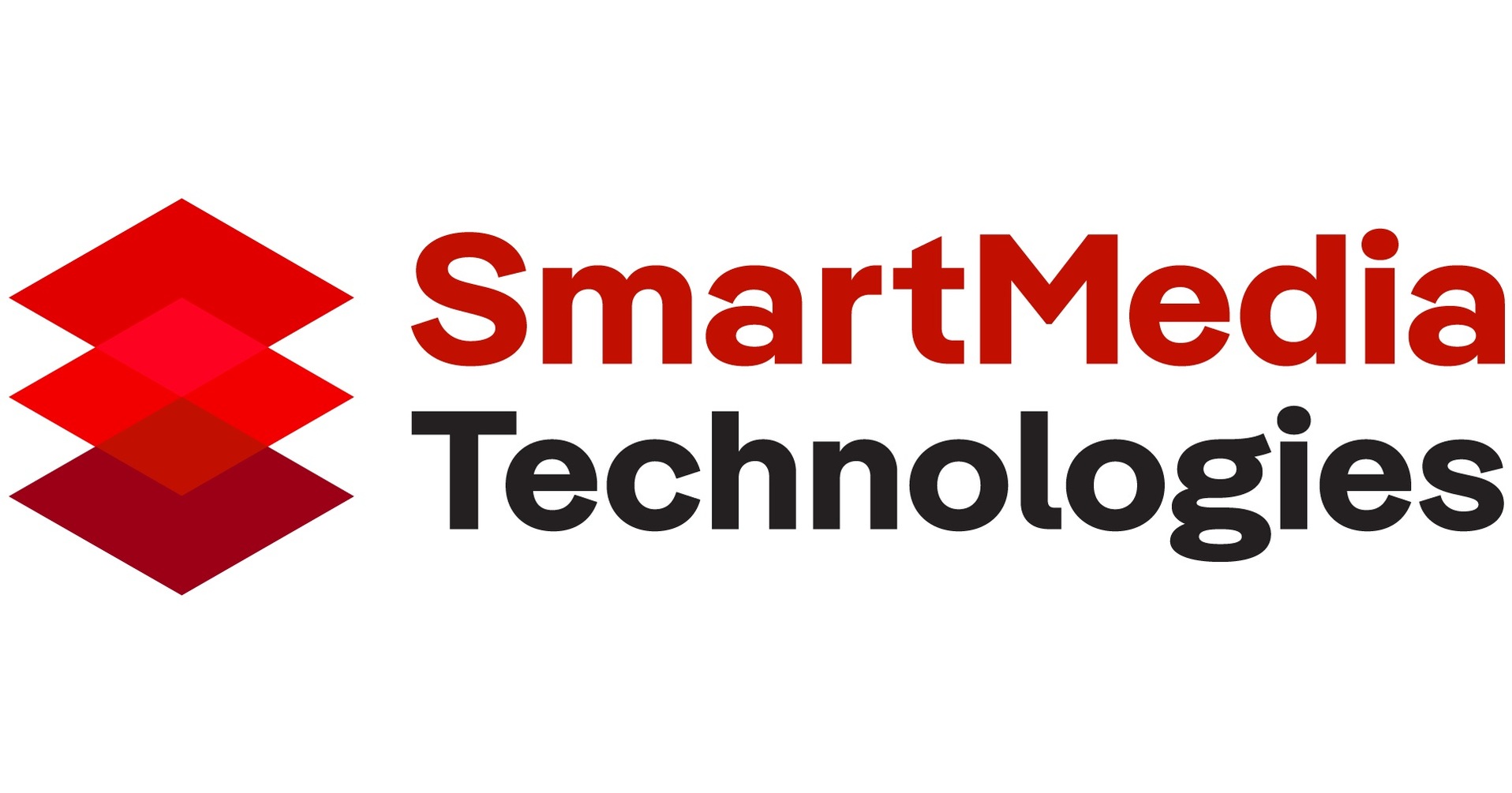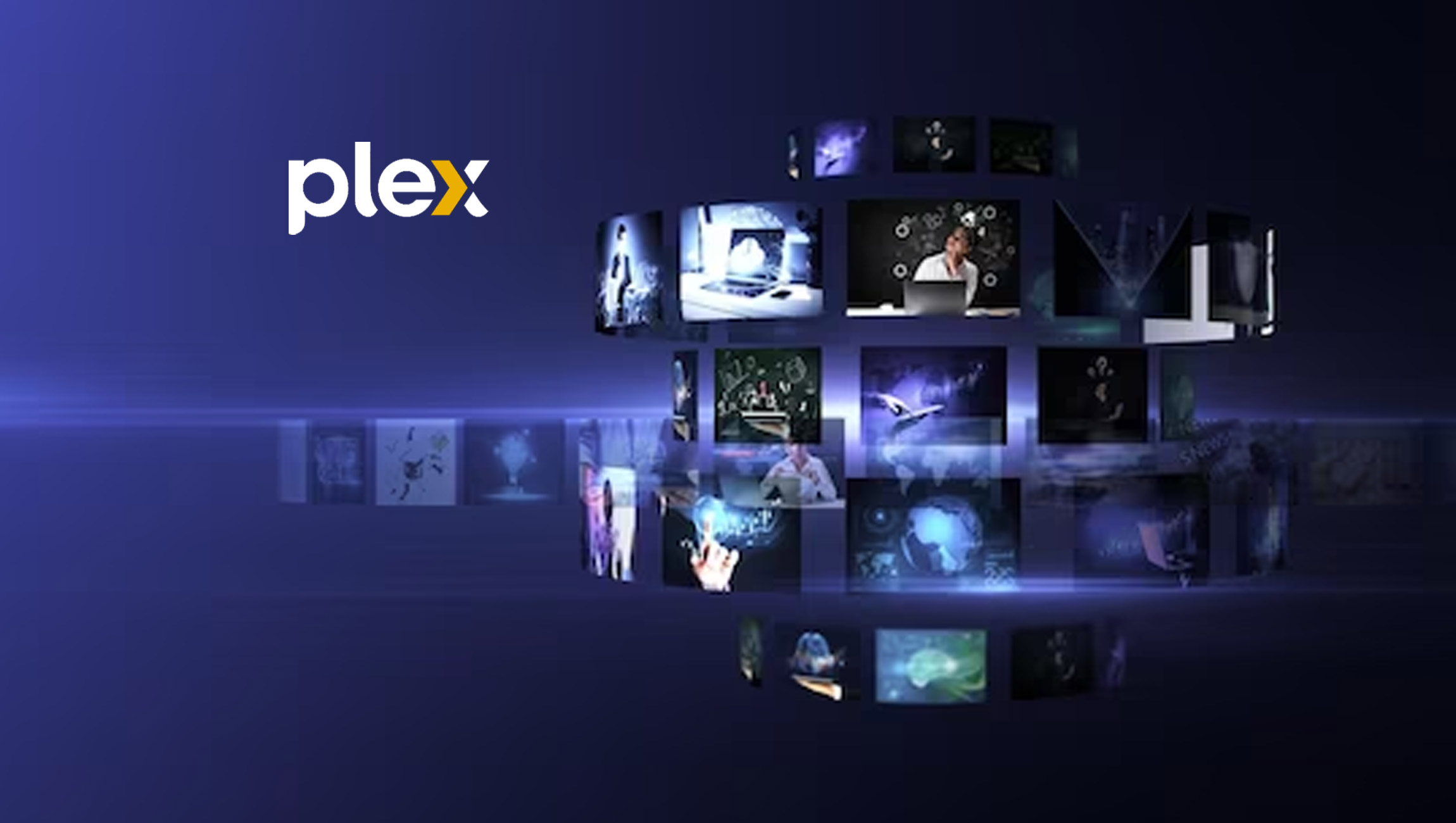Tyler Moebius, CEO at SmartMedia Technologies comments on what it takes to drive enhanced Web3 experiences in this catch-up with MarTechSeries:
__________
Welcome to this MarTech Series chat, Tyler, tell us about yourself and more about your time as CEO at SmartMedia Technologies. We’d also love a quick lowdown on how the offerings have evolved over the years.
SmartMedia Technologies is the only end-to-end enterprise engagement and loyalty platform. Our 100+ enterprise users include Visa, Burberry, Lacoste, Verizon, Vodafone, American Express, NHL, 49ers, and many more. At the core of SMT is Web3, ensuring our solution is ready for whatever the future throws at it. Our platform is built to tap into the potential of zero-party data, taking user engagement and loyalty to new heights. We do this through immersive and gamified experiences, targeting a digitally-savvy, mobile-first audience. Our platform enables brands to swiftly create, develop, and roll out campaigns and digital experiences that not only captivate but drive traffic and ultimately revenue.
SMT has continued to evolve our offerings to stay competitive and align with current market trends. When SMT was first founded, we were heavily focused on developing NFTs – which is still an essential SMT offering today – but as trends change, we have expanded our offerings to best fulfill our brand partners needs. With a strong team of 150+, SMT continues to grow and innovate our platform’s capabilities. Adaptability and innovation are key in the ever-changing landscape of marketing technology.
What are the latest trends in customer engagement and loyalty that today’s B2B tech marketers should especially pay attention to?
We live in a digital world, where integration of the digital and physical has never been more important for brands to get right. We are increasingly seeing a demand from retailers and brands for complete end-to-end branded experiences for consumers. This is because digital experiences enable brands to connect with consumers on a more personal and interactive level while driving traffic both in-store and online.
Tech marketers should pay attention to the changing expectations of consumers and utilize personalized experiences, omnichannel engagement, and data-driven insights to strengthen and form new connections.
As the landscape continues to evolve, consumers are seeking seamless transitions between digital and physical touchpoints, demanding a unified and cohesive brand narrative. The growing emphasis on end-to-end experiences underscores the need for brands to strategically align their online and offline channels, ensuring a consistent and immersive journey for consumers across all platforms. This synchronization not only enhances brand loyalty but also establishes a robust framework for sustained engagement in our ever-evolving digital era.
Marketing Technology News: MarTech Interview with Manu Mathew, CEO at Cohora
We’d love to hear about your take on enhancing Web3 experiences (what brands can do better) and how SmartMedia Technologies enabled some of Visa’s initiatives regards to this recently?
We recently partnered with Visa and developed a first-of-its-kind rewards program for cardholders, the Visa Web3 Loyalty Engagement Solution. This is not just a partnership but a major milestone in redefining the value exchange between consumers and brands. The solution provides brands with access to SMT’s user-grade enterprise platform that bridges Web2 with Web3 innovation and can be customized to create digital and physical experiences and offers for consumers.
From our years working with brands, we’ve identified that creating engaging experiences for consumers forms the cornerstone of building lasting connections and fostering brand loyalty. In an era saturated with choices, consumer attention is a precious commodity, and engaging experiences serve as a powerful tool to capture and retain it. To elevate Web3 experiences, brands must champion user autonomy and prioritize transparent practices. Providing users with control over their data and clear communication about its use fosters trust. Actively engaging with decentralized communities, listening to user feedback, and adapting strategies are critical for ensuring a smooth and consistent user journey. Brands should also educate users about the benefits of decentralization and invest in user-friendly interfaces for decentralized applications.
Exploring DeFi offerings, embracing sustainability, and aligning with social impact initiatives contribute to a holistic and forward-thinking Web3 strategy. As the digital landscape evolves, brands that prioritize these elements are poised to create meaningful and enduring connections with users in the Web3 era.
Ultimately, brands that invest in creating engaging experiences position themselves at the forefront of consumer preferences in a competitive marketplace.
What should brands in B2B tech do more of to drive more personalized and interconnected journeys for their digital customers?
Creating personalized and interconnected experiences starts with understanding your customers’ touchpoints and preferences. Customer journey mapping involves analyzing the entire customer experience, from discovery to post-purchase interactions. Through the rise of first party data acquisition and AI, brands can identify patterns and tailor their strategies accordingly. Leveraging advanced data analytics, combined with omnichannel engagement which ensures a seamless experience across channels, allows brands to create personalized content and recommendations. This approach fosters stronger connections with customers, leading to deeper engagement and loyalty across a digital and mobile-first audience.
By integrating real-time data feedback loops, brands can adapt and refine their strategies in response to evolving customer behaviors. This positions brands to not only meet but exceed the expectations of their customers in an ever-evolving digital landscape.
How will generative AI eventually play a role in this domain?
As Web3 continues to evolve, the intersection between AI and decentralized marketing strategies is set to redefine customer-centric campaigns and elevate user engagement to unprecedented levels. AI can analyze user behaviors and preferences, enabling the creation of hyper-personalized content and targeted advertisements. AI facilitates seamless interoperability across different blockchain networks and protocols within the Web3 ecosystem contributing to an integrated decentralized web. Web3 may play a large role in supporting AI by revolutionizing compensation through smart contracts, ensuring contributors receive royalties for their role in AI model development. Smart contracts and AI-driven governance systems could also enhance the efficiency and automation of decision-making, making decentralized organizations more adaptive and responsive.
As AI and Web3 continue becoming interconnected, the potential for creating dynamic, user-centric digital experiences is boundless, offering brands unprecedented opportunities to connect with their audience on a more personalized level.
Can you talk about some of the leading tech brands you feel have a robust online framework that resonates well with end users: what takeaways from those would you leave us with here?
Among the many tech giants, Apple, Google, and Amazon stand out. Apple’s seamless integration across devices, user-friendly design, and commitment to privacy set a benchmark for a cohesive and intuitive user experience. Google’s data-driven approach, offering personalized services and continuous improvements, highlights the value of leveraging user insights for a more tailored experience. Amazon’s customer-centric e-commerce innovation and commitment to streamlining online transactions emphasize the importance of user convenience. Each of these brands prioritizes transparency, innovation, and a user-centric approach, offering valuable takeaways for others in the tech industry. To resonate well with end users, brands should focus on simplicity, interoperability, privacy, and customer support, creating comprehensive and seamless online experiences that prioritize user needs and preferences.
Brands entering the Web3 landscape can draw inspiration from these takeaways to create immersive, personalized, and technologically advanced digital experiences that resonate effectively with end users.
Marketing Technology News: Search Marketing Mistakes and Challenges That Are Still Commonplace in B2B

SmartMedia Technologies (SMT) is the Enterprise Web3 engagement and loyalty platform that leading brands trust to make Web3 easy, safe, and open for current and future consumers. SMT powers gamified AR and spatial experiences for consumers to earn and redeem tokens and rewards through the SmartMedia Wallet, a user-friendly Web3 mobile app. SMT enables brands to deliver personalized consumer loyalty through its self-serve, drag and drop studio while leveraging the scale of its Web3-enabled programmatic media platform to reach digital and mobile audiences – delivering gamified engagement, acquisition and loyalty to drive better business outcomes.
Tyler Moebius is CEO at SmartMedia Technologies
Missed The Latest Episode of The SalesStar Podcast? Have a quick listen here!
Episode- 193: A Chat on AI with Debbie Braney, Vice President, Demand & Brand Marketing at Glassbox
Episode 192: The Latest in Distributed Commerce with Byron Sorrells, CEO and Co-founder of Dispatch
Episode 191: The Future of Online Shopping with Anh Vu-Lieberman, VP of Conversion Rate and Optimization at Nogin











